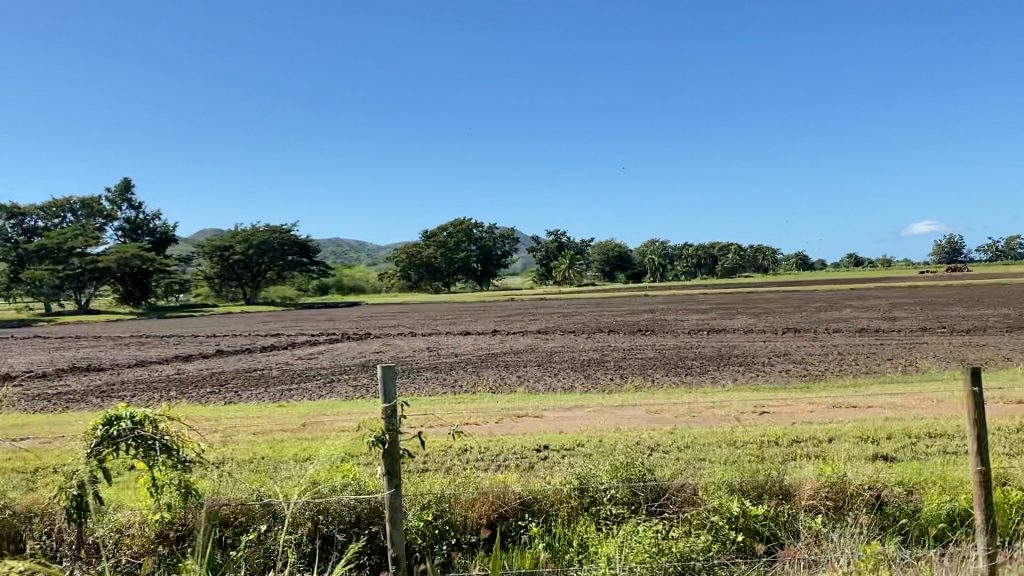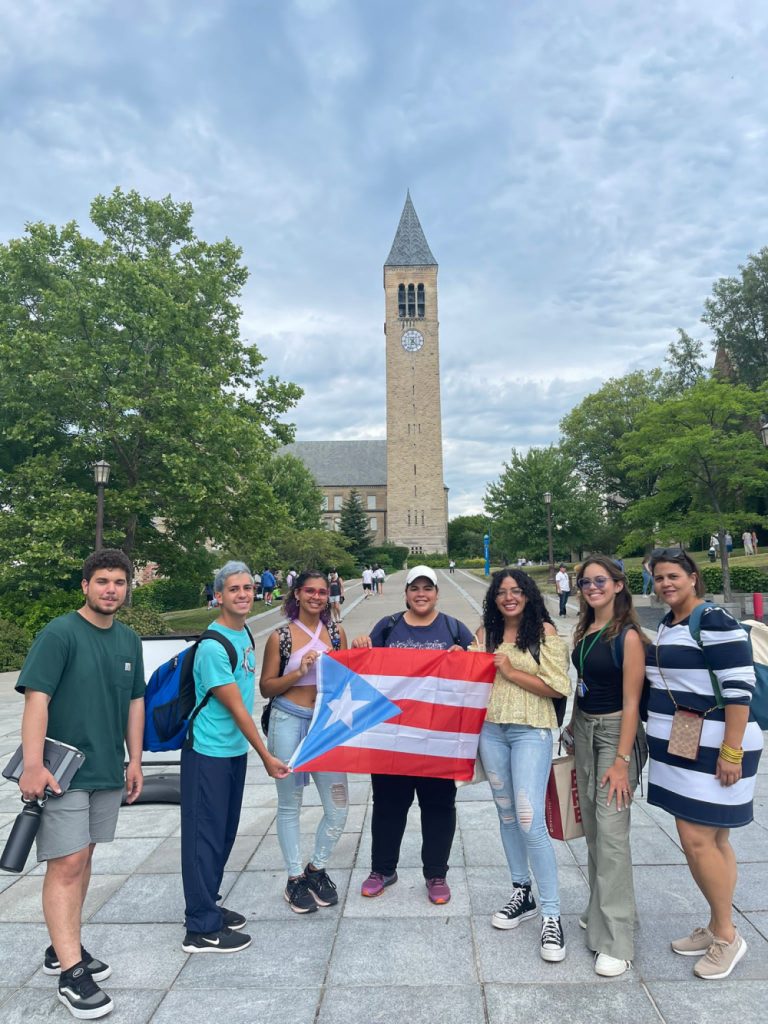The need to increase world food production by 50% by 2050 while reducing the environmental impact of agriculture requires sustainable management of agroecosystems through intensification. The concepts surrounding the sustainable management of agricultural systems (SuMAS) through agricultural intensification (AI) are global in focus, but sustainability as a goal must be adapted to specific cultural and social issues of regions or countries, and take into consideration local soil types, topography, water, markets, and economic resources. SuMAS-AI is a concept that includes a suite of technical policies and practices for meeting food, feed, fiber, and energy production goals in ways that will reduce environmental degradation and stabilize the climate by 2050. SuMAS-AI aims to increase agricultural output from the same available land area, while reducing the negative environmental impacts of agricultural technology, and maintaining ecosystem services. SuMAS-AI are important issues to address for Puerto Rico which is a densely populated region with limited land area, but with a strong education base and access to technological applications.

Selected Students will intern with Cornell-CALS faculty, and selected Puerto Rico farmers and agricultural enterprises.
The University of Puerto Rico, Mayagüez campus (UPRM) is committed towards educating students to develop the tools needed to contribute towards agricultural production and environmental goals. This SuMAS project provides an opportunity for students to improve their knowledge, skills, and abilities, in the sustainable management of agricultural systems and agricultural intensification (AI) themes through workshops, team discussions, research, demonstration activities and other professional experiences. The SuMAS project is a United States Department of Agriculture, National Institute of Food and Agriculture (USDA-NIFA), Hispanic Serving Institutions (HSI) competitive funded program to UPRM and Cornell University College of Agricultural and Life Sciences (Cornell-CALS). The goal of this HSI education project is to support students in the development of the skills, knowledge, and abilities of students in the sustainable management of agricultural systems in Puerto Rico and to facilitate faculty training in these areas.
Six undergraduate students will be selected to participate in the program during 2022 and 2023 (12 students in 2 years). The program will support selected students who will be exposed to the theory and practice of modern SuMAS-AI practices through courses, internships, and research activities. The topics covered will include technological applications in soil science, crop production, animal and dairy science, value-added products (food science and technology) that could improve agricultural production and revenues on farms and in agricultural enterprises in Puerto Rico while preserving natural resources.
The selected students will enroll in a SuMAS-AI online preparatory course to be offered during summer 2023 for an approximate period of two weeks. Emphasis will be placed in guiding students through systems thinking, analysis and paradigm evaluation. At the end of the course the students should have improved understanding on the suite of tools to evaluate on-farm sustainability, and practices to improve agroecosystem sustainability. Following the course, , students will participate in a six-week internship at Cornell-CALS. Students will intern with Cornell-CALS faculty and collaborate with the faculty research team. The internship willinclude field-trips to selected farms and food systems enterprises in the Finger Lakes Region that can serve as examples of some aspects of sustainability. During the subsequent fall term, students will be encouraged to continue research in SuMAS with UPRM faculty.

This work is supported by USDA Hispanic Serving Institutions Education Grants Program GRANT13003963/project accession no. 1023359 from the USDA National Institute of Food and Agriculture.